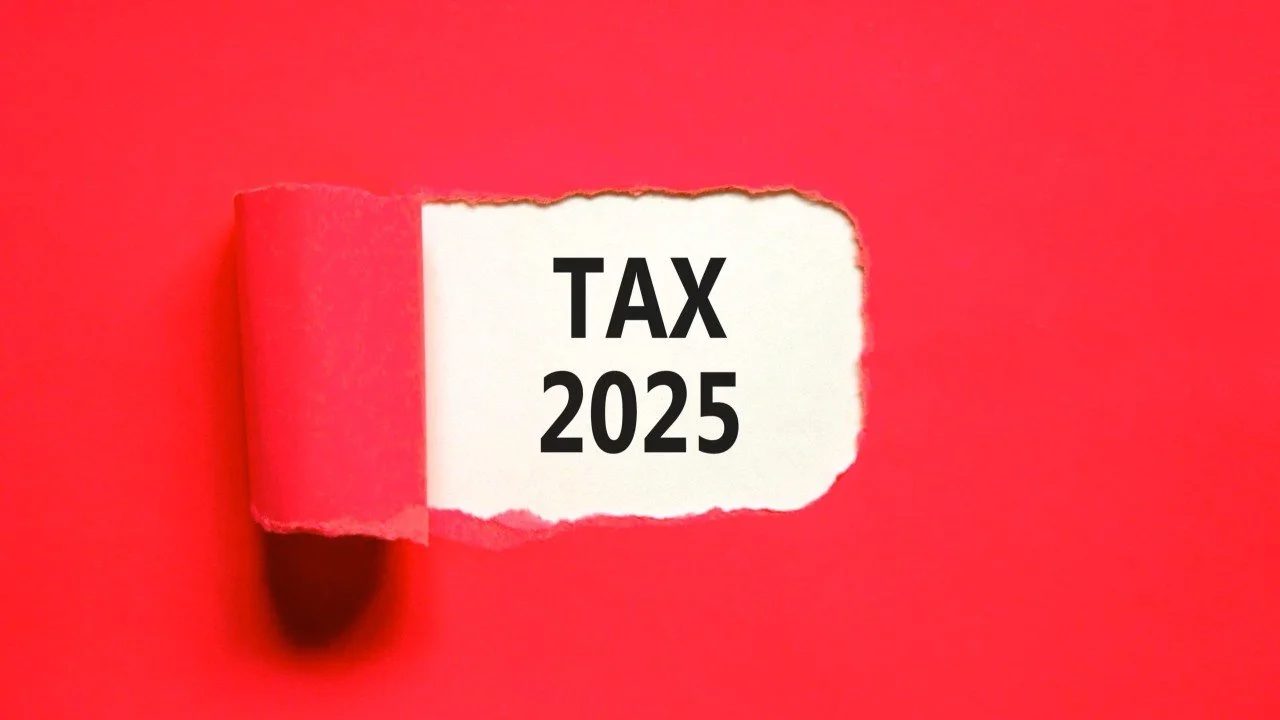The 7 Habits of Highly Effective Tax Planning
With the initial tax deadline behind us, it is an opportune moment to reflect on last year’s tax situation and strategize for the one ahead. With a nod to the classic business book “The 7 Habits of Highly Effective People” by Stephen Covey, here are 7 insightful tax planning strategies to simplify the tax planning process and minimize tax surprises next year.
Be Proactive - Take ownership of your tax situation and don't wait for problems to arise. Schedule at least one but preferrable two tax planning meetings with your CPA to discuss current law changes and your practice’s profit and related tax situation throughout the year.
Begin with the End in Mind - Define your long-term financial goals and consider how taxes will impact them. A long-term strategy for wealth accumulation considers life time tax burden over the lowest annual tax payment.
Put First Things First - Prioritize tax-related tasks, such as organizing records and tracking expenses throughout the year. Maintaining good financial records in real time helps with accurate tax planning and makes tax preparation relatively painless.
Think Win-Win - Seek mutually beneficial tax strategies. By using retirement plan tax strategies, you can increase your own savings while also saving on taxes over your lifetime.
Seek First to Understand, Then to Be Understood - Actively listen to and understand different perspectives on tax strategies. Then seek professional advice from a CPA that will understand what you are trying to accomplish and give you reasoned options.
Synergize - Collaborate with others, including financial advisors and tax professionals, to maximize your tax efficiency and more importantly, increase your net worth.
Sharpen the Saw - Tax law is continuously changing so don’t really on the past for what strategies to implement in the future. Seek out trusted sources where you can update your basic tax knowledge.
By applying these 7 Habits to tax planning, a practice owner can achieve greater tax efficiency, minimize potential issues, and build a more sustainable and secure financial future.

